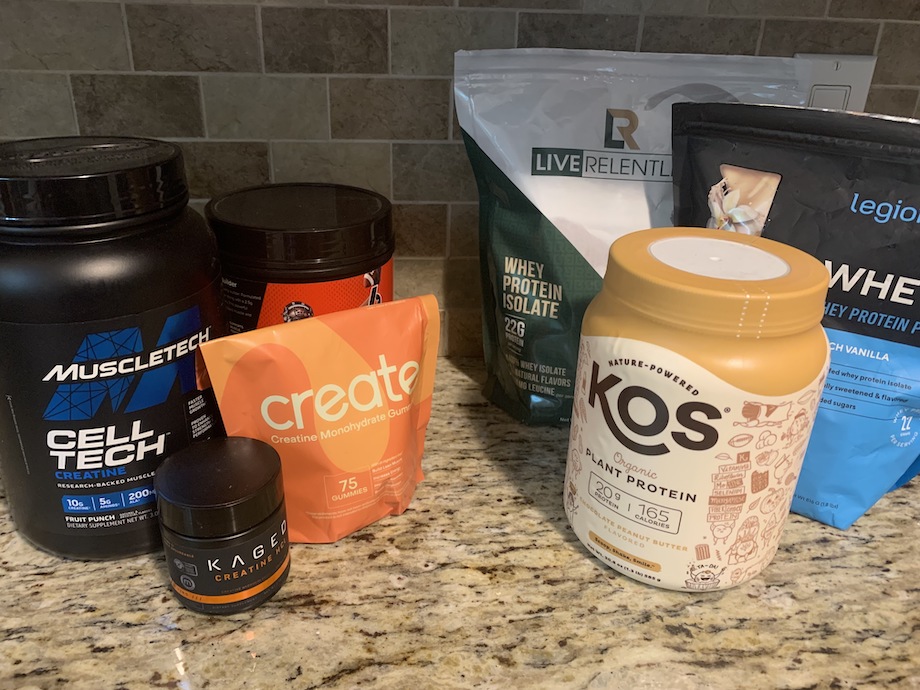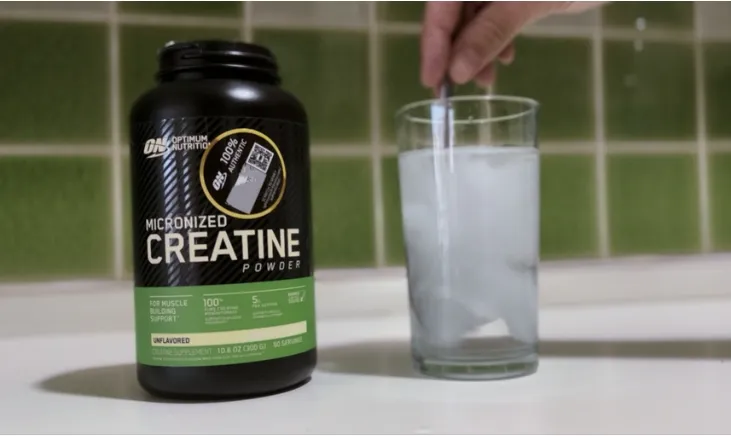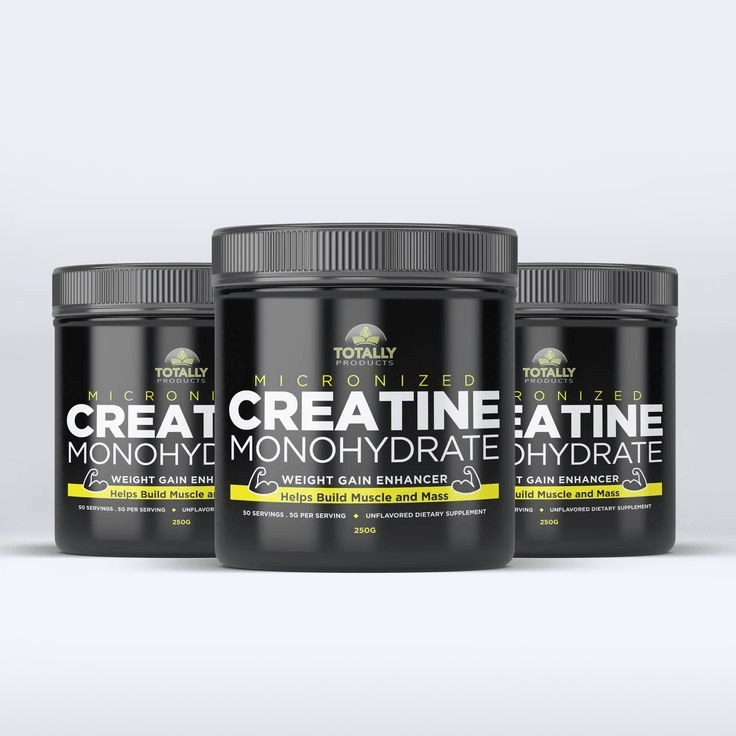What Can You Mix With Creatine

Fitness enthusiasts, listen up! Maximizing your creatine intake just got easier, but be warned: not everything mixes well.
This guide cuts through the confusion surrounding creatine supplementation, revealing the optimal liquids and supplements to enhance its absorption and effectiveness, and highlighting dangerous combinations to avoid.
What You CAN Mix With Creatine
Water remains the gold standard. It's readily available and ensures creatine monohydrate dissolves adequately.
The Power of Carbohydrates
Pair creatine with a high-glycemic carbohydrate source. This creates an insulin spike, shuttling more creatine into your muscle cells. Studies, including one published in the Journal of Strength and Conditioning Research, demonstrate improved creatine uptake with carbohydrate co-ingestion.
Good options include fruit juice (grape or apple), dextrose, or even honey. Aim for around 30-40 grams of carbohydrates.
Protein Synergy
Combine creatine with whey protein. Protein aids muscle repair and growth, complementing creatine’s muscle-volumizing effects.
A post-workout shake containing both provides a powerful anabolic boost. Remember to adjust the ratio based on your individual needs and training goals.
Electrolyte Balance
Consider mixing creatine with electrolyte-rich beverages. Creatine draws water into muscle cells, so maintaining hydration and electrolyte balance is crucial.
Sports drinks can help replenish electrolytes lost through sweat. Pay attention to the sugar content of sports drinks and opt for lower-sugar versions if needed.
Beta-Alanine Combo
Mixing creatine with beta-alanine may provide synergistic benefits. Both supplements enhance athletic performance through different mechanisms.
Creatine boosts power output, while beta-alanine increases muscular endurance. A study in the Journal of the International Society of Sports Nutrition showed that combining the two led to greater strength and body composition improvements.
What You Should AVOID Mixing With Creatine
Acidity is the enemy. Avoid mixing creatine with highly acidic beverages like citrus juices (lemon, lime, orange).
These can potentially degrade creatine into creatinine, a waste product. This reduces its effectiveness.
Caffeine Controversy
The relationship between caffeine and creatine is complex. Some older studies suggested caffeine might inhibit creatine absorption or negate its benefits.
However, more recent research indicates this effect is minimal or non-existent for most individuals. Monitor your individual response.
Excessive caffeine can lead to dehydration, counteracting creatine’s hydrating effects. Use caution and moderation.
Dairy Debate
Some individuals experience digestive discomfort when mixing creatine with dairy products. This is often due to lactose intolerance or sensitivity.
If you experience bloating or gas, opt for non-dairy alternatives like almond milk or water. Experiment to find what works best for your body.
Alcohol Alert
Alcohol consumption should be avoided while supplementing with creatine. Alcohol impairs muscle protein synthesis and can dehydrate you.
These effects directly oppose the benefits of creatine. Furthermore, alcohol can increase the risk of muscle cramps and injuries.
Dosage and Timing
A typical creatine dosage is 3-5 grams per day. This can be taken at any time, but post-workout is often recommended for optimal absorption.
Consider a loading phase (20 grams per day for 5-7 days) to saturate your muscles quickly. Always consult with a healthcare professional before starting any new supplement regimen.
Important Considerations
Individual responses vary. What works for one person may not work for another.
Pay attention to your body and adjust your supplementation accordingly. Always prioritize high-quality creatine from reputable sources.
Stay hydrated. Creatine increases water retention, so drinking plenty of water is essential.
If you have any pre-existing kidney conditions, consult your doctor before using creatine. Although generally safe, it's crucial to rule out any potential risks.
Next Steps
Continue researching and staying updated on the latest findings. Supplement science is constantly evolving.
Monitor your progress and adjust your creatine protocol as needed. Track your strength gains, muscle size, and overall performance.
Consult with a registered dietitian or certified personal trainer for personalized guidance. They can help you tailor your supplementation plan to your specific goals.

















